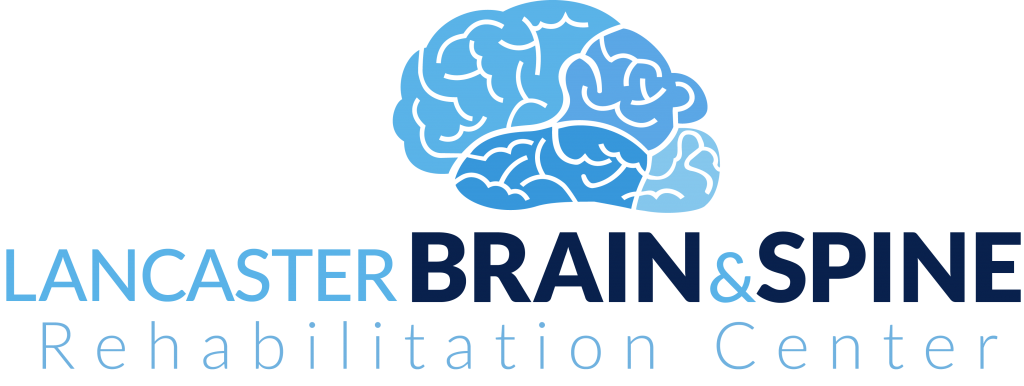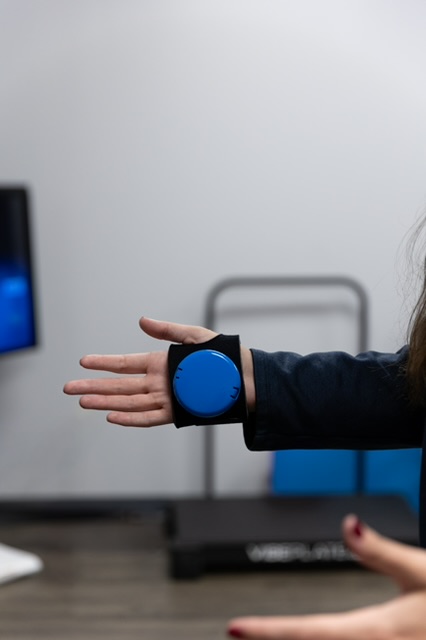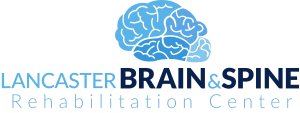In our ever-evolving understanding of brain health, one thing is clear: the brain is not a static organ but a dynamic, adaptable system capable of remarkable change. This adaptability, known as neuroplasticity, is at the heart of brain training. As functional neurologists, we harness this power to improve cognitive function, coordination, and overall brain health. In our clinic, we use a variety of cutting-edge tools to achieve these goals, each designed to target specific areas of brain function. Here’s how they work and why they are essential in our practice.
Highmark EQ Brain Training and C3 Logix
Let’s start with two powerful tools: Highmark EQ Brain Training and C3 Logix. Highmark EQ is designed to strengthen the connection between cognitive processes and emotional regulation. By challenging the brain with tasks that require both cognitive agility and emotional control, we can improve decision-making, enhance emotional resilience, and boost overall cognitive performance. This is particularly beneficial for individuals who experience difficulty in managing stress or making quick, effective decisions.
C3 Logix, on the other hand, is a comprehensive brain function testing and training tool. It allows us to assess various aspects of brain performance, including memory, motor skills, and cognitive speed. By identifying specific areas of weakness, we can create a targeted training program to improve those functions. C3 Logix is invaluable for anyone recovering from a brain injury or looking to optimize their cognitive function for daily life or high-performance environments.
Balance Training with BTracks Board
Balance is a fundamental aspect of both physical and cognitive health, and our BTracks board plays a crucial role in training it. Balance training is not just about staying upright; it’s about improving the brain’s ability to process sensory information and coordinate muscle movements. The BTracks board challenges the brain to maintain stability in various positions and under different conditions, enhancing proprioception and vestibular function. This type of training is particularly beneficial for individuals recovering from injuries, those with balance disorders, or athletes looking to optimize their performance.
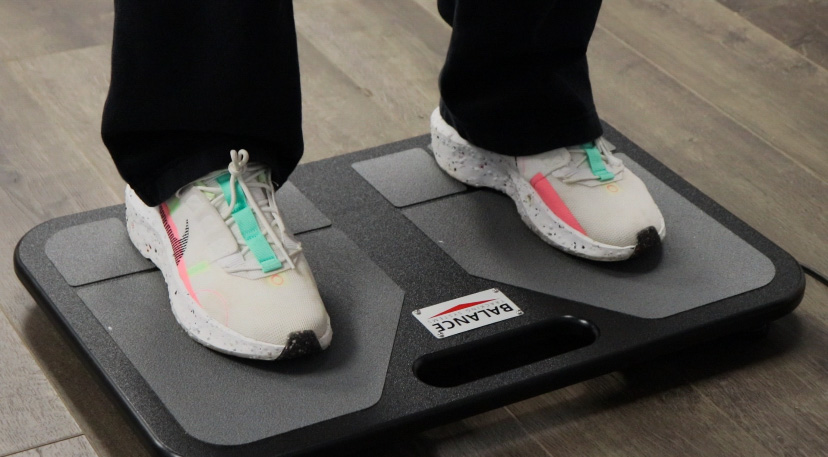
Neuro Sensorimotor Integrator
The Neuro Sensorimotor Integrator (NSI) is another vital tool in our brain training arsenal. This device is designed to improve the integration of sensory and motor functions. By engaging the brain in tasks that require precise hand-eye coordination, visual processing, and motor planning, the NSI helps to strengthen neural pathways that are essential for everyday activities. It’s particularly effective for individuals with learning disabilities, ADHD, or those recovering from a stroke, as it enhances cognitive functions while also improving physical coordination.
Interactive Metronome
Timing is everything, especially when it comes to brain function. The Interactive Metronome is a unique tool that trains the brain’s timing mechanisms. By requiring patients to match their movements to a rhythmic beat, the Interactive Metronome helps improve cognitive processing speed, attention, and motor coordination. This type of training is particularly beneficial for individuals with ADHD, autism, or anyone looking to enhance their cognitive efficiency and motor skills.
Motion Guidance
Our Motion Guidance system is a distinctive approach that combines cognitive and motor training. By engaging in exercises that require precise movements, patients work on improving their spatial awareness, proprioception, and motor control. This training is especially beneficial for individuals with vestibular disorders, neck pain, or those recovering from a concussion, as it helps retrain the brain to manage movement and coordination effectively.
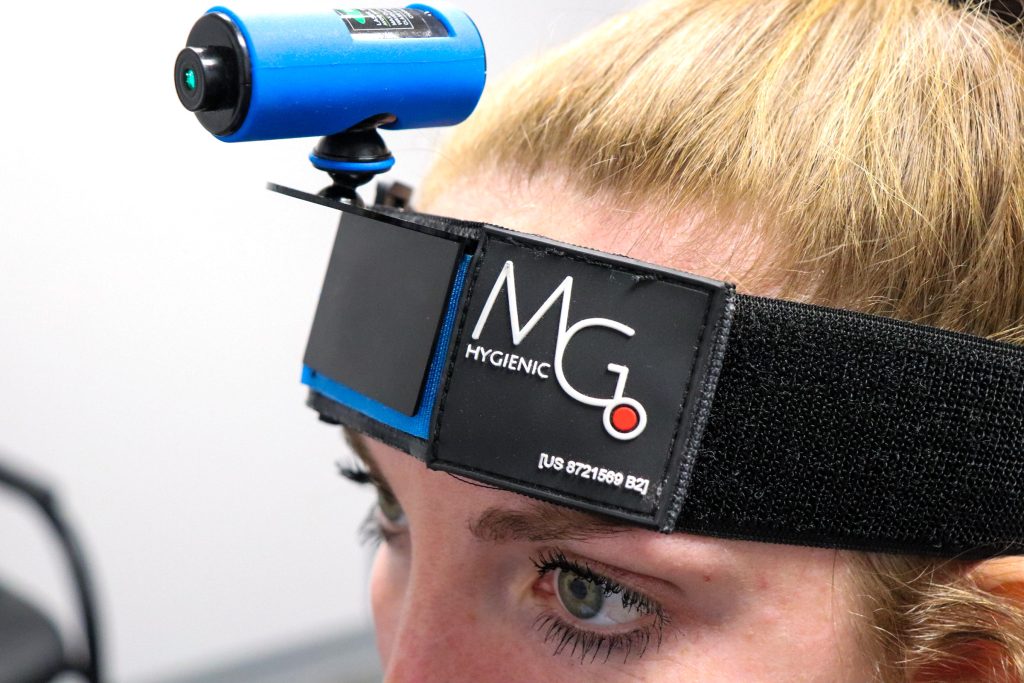
Neurofeedback
Neurofeedback is perhaps one of the most fascinating tools we use in our practice. This technique involves monitoring brainwave activity and providing real-time feedback to the patient. By visualizing their brainwaves, patients can learn to regulate their brain function, improving focus, reducing anxiety, and enhancing overall mental clarity. Neurofeedback is particularly effective for individuals with anxiety, depression, ADHD, and sleep disorders, as it empowers them to take control of their brain’s activity patterns.
Why We Use These Tools in Our Functional Neurology Office
At the core of functional neurology is the belief that the brain can change and improve its function with the right stimuli and training. The tools we use in our clinic are carefully selected to target specific aspects of brain function, whether it’s cognitive performance, motor coordination, or emotional regulation. Each tool plays a unique role in helping our patients achieve optimal brain health, whether they are recovering from an injury, managing a neurological condition, or simply looking to enhance their cognitive abilities.
By combining these advanced technologies with personalized care, we can offer a comprehensive approach to brain training that is both effective and sustainable. Our goal is to empower our patients to take an active role in their brain health, providing them with the tools and support they need to reach their full potential. Whether you’re looking to recover, maintain, or optimize your brain function, our functional neurology office is here to guide you on your journey to better brain health.
Sent from my iPhone
